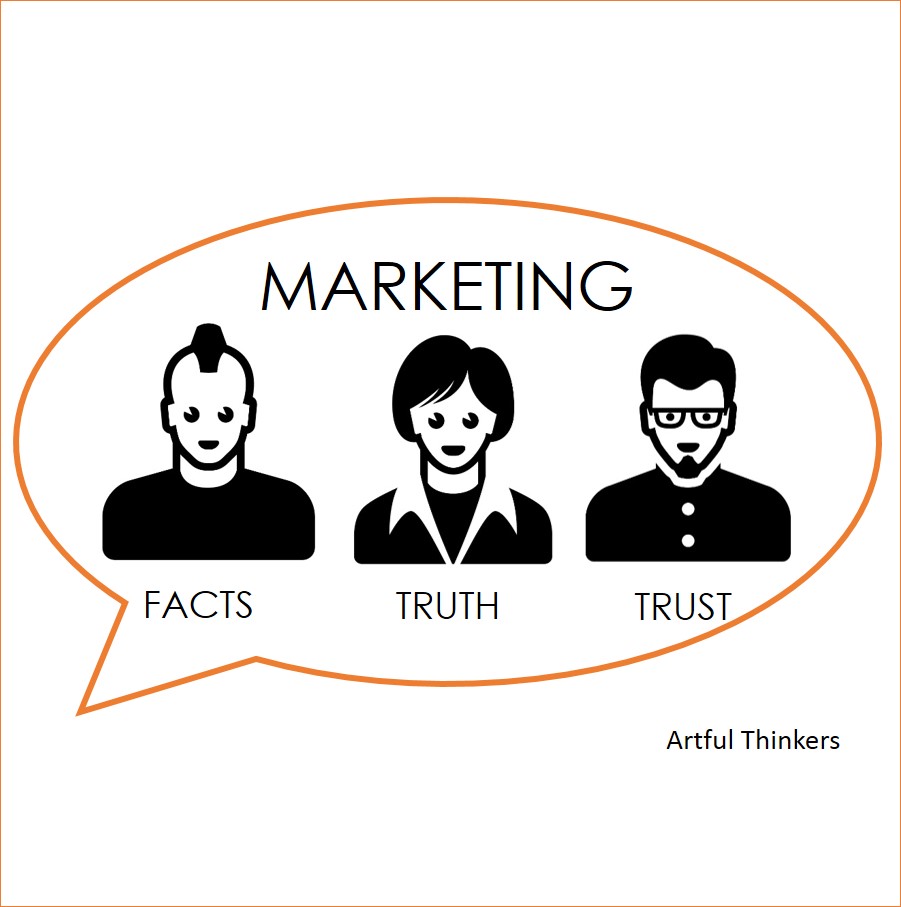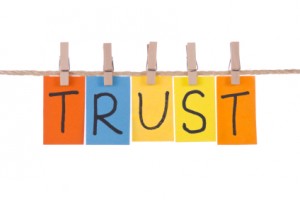 Purpose is defined by ambitions, actions, plans and principles. In business, our purpose is revealed through communications, both intentional and unintentional. What we say is who we are, in perception and reality. The words we choose to share in describing ourselves, our businesses and our outlook, illustrates our purpose.
Purpose is defined by ambitions, actions, plans and principles. In business, our purpose is revealed through communications, both intentional and unintentional. What we say is who we are, in perception and reality. The words we choose to share in describing ourselves, our businesses and our outlook, illustrates our purpose.
Simplicity empowers the communicator. Simplicity frees the recipient from interpretation due to a lack of clarity. Complexity in content and message strangles good communications. Complexity will often leave your audience lost in intent and making assumptions in purpose and desired outcomes. Simple and clear direction produces higher quality results.
Clear and concise messaging is the key to convincing others to take action. It is no secret, business leaders are often frustrated by the lack of understanding when they “feel” they provide explicit direction or orders. The frustration comes from the failure of communications, which is often caused by lack of clarity. The associated business risks and costs of failed communications can be astronomical depending on the purpose and use. Bad communications can negatively impact revenues, growth, relationships and confidence.
Clarity improves connection and engagement because it increases trust and transparency. Clarity exposes purpose by unveiling expectations. Clarity tells people exactly what you want.
“Clarity is power.” Anthony Robbins
Testing your message reduces misinterpretation and failure in communications. Here is a quick way to test your clarity. Share one sentence with no less than 10 words and no more than 15, with a person or group. After delivery, ask that they repeat it back to you verbatim. What were the results? Are you surprised by the fact some won’t recall “exactly” what you said? Now really test your clarity, ask them to tell you what you wanted based on that sentence. Did they properly interpret your expectations and purpose?
Communication success if often defined by how close we reach an audience. Sampling tests will identify if there is clarity or your audience has a “gist” of what you are trying to say. A clarity test is a also way to show understand how people will imply their own assumptions, listen selectively and interpret the message. This presents a clear and present danger for the person delivering the message, which is why critical communications need good testing protocols.
Know your audience and set your own expectations as the communicator. Humans are not skilled in being great listeners. We also have very active brains, myriads of distractions and sadly our attention spans are less than goldfish. Yes, that is actually proven through science. Microsoft reported in a 2015 study that people now generally lose concentration after eight seconds, while goldfish can focus for nine seconds. Your message has to cut through a lot of noise to be heard, no matter the content format. Clarity makes a difference.
Definition of Clarity: Clearness or lucidity as to perception or understanding; freedom from in distinctness or ambiguity.
Seven Tips for Creating CLARITY in Communications
- Concise messaging improves connection; be brief and succinct
- Laser-focus on anticipated actions and intentions
- Ask specifically what you want without ambiguity
- Results orientation informs your audience on how you will measure success
- Identify how you will measure the impact of your communications
- Target your message to your audience
- Yes responses confirm agreement in understanding and expectations
Another valuable bit of advice from a practiced marketer, avoid the noise. Using hyperbole and jargon complicates the message. Ideas will be lost in translation. Simplicity improves clarity. Concise communications boost understanding and retention.
Definition of Assumption: a thing that is accepted as true or as certain to happen, without proof.
Never assume. “They didn’t get it.” “That’s not what I meant.” “You don’t understand what I’m trying to tell you.” Have you ever felt this type of frustration after delivering what you thought to be very clear communications? Communication is tricky. It’s an art. The biggest mistake made in business today is assuming others will clearly know what you are asking and what you want.
For critical communications, it is important to follow through with post analysis. The results may require sharpening the messaging or providing clarifications to ensure the message is clearly understood.
Who is to blame? When there is no clarity, the communicator often blames the audience for not understanding. When in fact, it was really just bad communications that produced unintended consequences. There was simply a lack of clarity. The owner of the message owns the results.
Let’s be clear, clarity of intended expectations will sharpen a message and improve delivery. Clarity reduces frustration resulting from perceptions and judgement. No matter the content type, whether corporate communications driven from the CEO or marketing campaigns to draw in new prospects, say what you want with clarity and purpose. You’ll be happier with the results.
Jamie Glass, CMO + President, Artful Thinkers, a sales and marketing consulting company.








You must be logged in to post a comment.